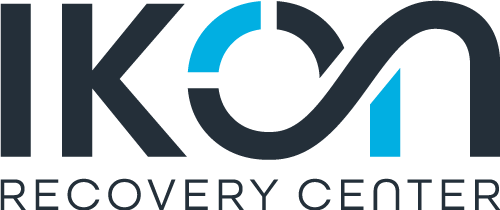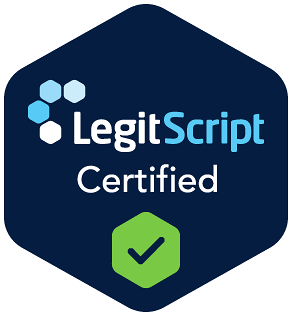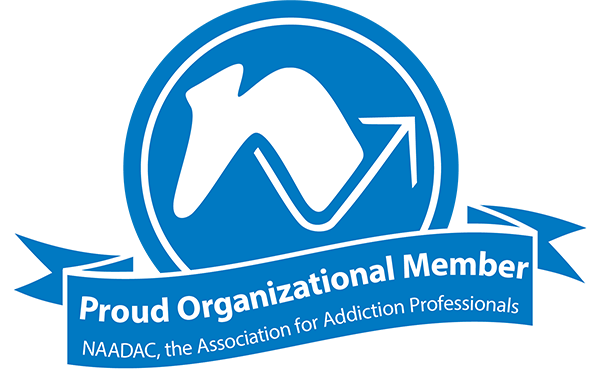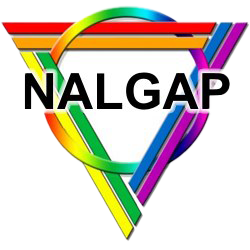The recovery process should never stop after your initial treatment program is complete. Ikon Recovery Center understands the importance of ongoing support on your journey to lasting sobriety, and our aftercare offerings are designed to seamlessly extend the care you received during your treatment.
New Life Aftercare For Substance Abuse
A Lifetime of Post-Treatment Support With Ikon Recovery
Empower Your Recovery With Ikon’s New Life Aftercare Program For Post-Treatment Structure and Support
Tailored to individual needs, we offer customized plans that include ongoing counseling, support groups, and more to address the unique challenges that arise in the post-treatment phase.
Additional Recovery Solutions Include:
At Ikon, we believe that empowering your recovery means providing a robust framework for sustained success. Our aftercare program is not just a continuation; it’s a personalized roadmap to navigate the complexities of life beyond addiction. With a dedicated team and a focus on holistic well-being, Ikon is committed to being a steadfast partner in your ongoing recovery journey.
Aftercare Programs For Substance Abuse at Ikon
In our quest to redefine the treatment experience, Ikon Recovery Center goes above and beyond the nominal aftercare efforts standard in the industry. We have integrated a robust and accessible aftercare program as part of our comprehensive offerings.
From financial support, career guidance, and practical support, we’re here for you in a tangible way long after formal treatment has ended.
Recognizing the importance of sustained support beyond the initial phases of treatment, Ikon has developed a multi-tiered aftercare solution tailored to suit your individual needs. This approach encompasses several levels of support, ensuring that clients have access to ongoing counseling, support groups, and resources crucial for long-term recovery.
Ikon’s commitment to building a continuum of care reflects a dedication to each individual’s unique journey, empowering them with the tools and community support needed for lasting success in overcoming substance abuse challenges.
What Is an Aftercare Program For Substance Abuse?
Aftercare refers to a structured and supportive plan designed to assist individuals in maintaining their recovery and preventing relapse after completing an initial phase of addiction treatment.[1] It is a crucial component of the continuum of care and recognizes that the journey to lasting sobriety extends beyond the confines of formal treatment programs.
Addiction aftercare programs typically involve engagement with recovery support groups, ongoing counseling and med management, and the continued development of your personalized relapse prevention plan. Other supportive services, such as job or life coaching, can also be provided. The treatment team of providers can include licensed counselors or psychologists, social workers, and clinic staff.
Aftercare services usually do not have a defined ending date; rather, they are intended to serve as a continuous bridge to supportive services and peer engagement to enrich the ongoing recovery experience. This open-ended structure acknowledges that recovery is a lifelong process, and individuals may benefit from ongoing support as they navigate the various stages of life. Aftercare services are adaptable, allowing participants to access resources and assistance on an ongoing basis.
Ikon Recovery Center passionately believes in your ability to create a substance-free life, full of potential and purpose. We’re dedicated to providing the full spectrum of care for your addiction and co-occurring challenges, which is why our aftercare services were specially designed to keep you engaged with your village and support network.
How (and Why) Aftercare For Substance Abuse Works
Aftercare for substance abuse works through a combination of ongoing support, personalized strategies, and cultivating a sense of community, helping to keep a focus on addressing the unique challenges individuals face in the post-treatment period:[2]
Ikon Recovery Center is invested in providing all our clients with the tools they need to achieve a sustainable, long-term recovery from addiction and co-occurring challenges. Our structured, detailed aftercare programming is uniquely designed to keep you engaged with your treatment supports and help you to ensure you’ve got the resources, the support, and the community you need.
The Efficacy of Structured Aftercare Programs For Addiction
Aftercare is widely acknowledged as a crucial element in the overall effectiveness of treating substance use disorders, particularly for individuals requiring specialized treatment due to the severity of their condition. Existing research consistently affirms the effectiveness of continuing care for both adolescents and adults alike.[3]
Studies have also shown that continuing care interventions were more likely to produce positive treatment effects when they had a longer and structured duration overall,[4] and were also demonstrated to help individuals struggling with alcohol and other substances to stay sober for longer with increased participation.[5]
Frequently Asked Questions About Alcohol and Substance Use Disorder Treatment In Saddle Brook, New Jersey
How long does aftercare typically last?
The duration of aftercare programs varies, and there is no fixed timeframe. The length often depends on individual needs and progress. Some participants may engage in aftercare programming long after their initial phase of treatment is complete for ongoing support.
How often are check-ins or counseling sessions in an aftercare program?
The frequency of check-ins and counseling sessions varies, depending on your needs. It may involve weekly or monthly sessions, depending on individual needs and program requirements.
Is aftercare voluntary?
Aftercare program participation is voluntary but strongly recommended as part of a comprehensive recovery plan. The decision to participate is generally made collaboratively between the individual and their treatment professionals based on their specific needs and goals.
Can aftercare programs help individuals reintegrate into daily life?
Absolutely. Aftercare programs often include life skills training and vocational support to help individuals reintegrate into their communities. This may involve assistance with employment, education, or other aspects of daily living.
Do aftercare programs involve peer support groups?
Many aftercare programs incorporate peer support groups as a valuable component. These groups provide individuals with the opportunity to share experiences, receive encouragement, and build a supportive network with others in recovery.
Sources
[1] Brown, T. G., Seraganian, P., Tremblay, J., & Annis, H. (2002). Process and outcome changes with relapse prevention versus 12-Step aftercare programs for substance abusers. Addiction, 97(6), 677–689. Retrieved from https://doi.org/10.1046/j.1360-0443.2002.00101.x on November 28, 2023
[2] Vanderplasschen, W., Bloor, M., & McKeganey, N. (2010). Long-Term Outcomes of Aftercare Participation following Various Forms of Drug Abuse Treatment in Scotland. Journal of Drug Issues, 40(3), 703–728. Retrieved from https://doi.org/10.1177/002204261004000308 on November 28, 2023
[3] McKay, J. R. (2021). Impact of Continuing Care on Recovery From Substance Use Disorder. Alcohol Research: Current Reviews, 41(1). Retrieved from https://doi.org/10.35946/arcr.v41.1.01 on November 28, 2023
[4] McKay, J. R. (2009). Continuing care research: What we have learned and where we are going. Journal of Substance Abuse Treatment, 36(2), 131–145. Retrieved from https://doi.org/10.1016/j.jsat.2008.10.004 on November 28, 2023
[5] Brown, T. G., Seraganian, P., Tremblay, J., & Annis, H. (2002). Matching substance abuse aftercare treatments to client characteristics. Addictive Behaviors, 27(4), 585–604. Retrieved from https://doi.org/10.1016/s0306-4603(01)00195-2 on November 28, 2023
